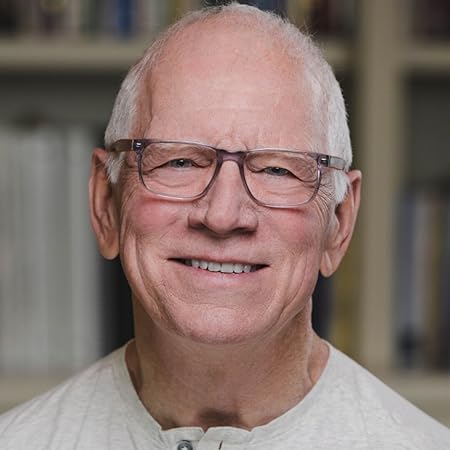The Big Idea: The key to embracing God’s will is to fully surrender any will of my own. Many soldiers and martyrs have gone fearlessly to their deaths. But in today’s passage, Jesus underwent a moment of unrivaled agony and suffering. What was happening that was so extraordinary? What does it mean to us? And…
LESSON 19 OF 21
22 min read
Membership Required
This content is only available to members. Please join to access this content.
Continue the Series
Explore the life and teachings of Jesus Christ through our "Hanging Out with Jesus" series. This study provides practical insights and reflections on the Gospels. The series delves into various aspects of Jesus' life, his teachings, and the real-life implications of following him. Key topics include the significance of Jesus' actions and words, the challenges of modern Christian life, and how to live out one's faith in practical, impactful ways.
-
Why Knowing We Should Make Disciples Isn’t Enough
-
Guilt-Free Disciple Making
-
Jesus, The Tender Warrior
-
Jesus’ Faithfulness to His Friends
-
First Things First: Restoring Confidence
-
But We Had Hoped…
-
Did Jesus Actually Rise From The Dead?
-
The Empty Tomb: What (Else) Is Missing?
-
The Man Who Could No Longer Remain Silent
-
Why The “Happiness” Gospel is Letting You Down

